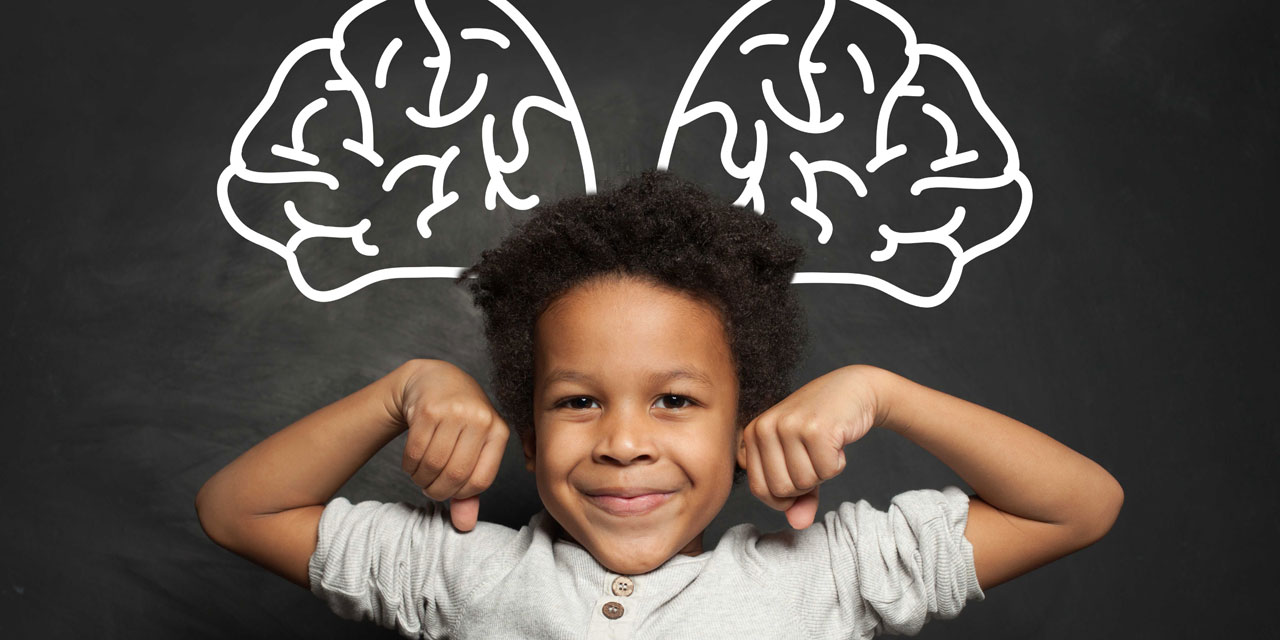General Information
Elevate Your Child’s Mind: Engaging Brain Exercises with CoordiKids Brain Breaks
As parents, we’re all on a mission to cultivate healthy minds in our children, and the key to unlocking their full cognitive potential lies in brain exercises. This blog post will delve into engaging activities designed to stimulate and strengthen young minds, focusing on incorporating CoordiKids Brain Breaks seamlessly into your daily routine.
Understanding the Importance of Brain Exercises

The brain is a dynamic organ that thrives on stimulation, especially during childhood. Brain exercises contribute to neural growth, enhance memory, and refine cognitive skills. By making these activities a part of your child’s routine, you’re actively nurturing their intellectual development.
What is a Brain Break?
A brain break is a short pause or interval in our daily activities to provide mental rest and rejuvenation. It deliberately interrupts the usual routine, allowing the brain to disengage from focused tasks momentarily. These breaks involve physical movement and activities that stimulate various cognitive functions.
Why Do We Need Brain Breaks?
Enhanced Cognitive Function: Our brains are not designed for sustained focus over extended periods. Introducing breaks enhances cognitive function, allowing for improved concentration and information retention.
Reduced Mental Fatigue: Continuous engagement in a specific task can lead to mental fatigue, diminishing productivity and overall well-being. Brain breaks alleviate this fatigue, promoting mental freshness.

Stress Reduction: Stress accumulates when we’re constantly immersed in tasks. Brief pauses act as stress-relievers, offering a moment to reset and approach challenges with a clearer perspective.
Improved Creativity: Stepping away from a task often sparks creativity. During brain breaks, the mind is free to wander, fostering new ideas and innovative thinking.
Enhanced Physical Well-being: Many brain breaks involve physical activity, contributing to mental and physical well-being. Movement boosts blood circulation, delivering oxygen and nutrients to the brain.
When Do We Need a Brain Break?
Loss of Concentration: When you notice a decline in focus and concentration, it indicates that a brain break is needed. Short intervals of rest can significantly enhance subsequent attention.
Feeling Overwhelmed: If a task feels overwhelming or stress levels rise, it’s time to pause. Stepping back momentarily helps you regain composure and approach challenges with a refreshed mindset.
Physical Discomfort: Any signs of physical discomfort, such as eye strain, tension, or restlessness, suggest a break. Physical activities during the pause can alleviate these discomforts.
Decline in Productivity: A noticeable decline in productivity may indicate mental fatigue. Taking a brain break can break the cycle and revitalise focus and efficiency.
Creative Block: A brief break can stimulate new ideas and perspectives when faced with a creative block or lack of inspiration.
Incorporating CoordiKids Brain Breaks into Daily Life
One effective way to incorporate brain breaks into daily life, especially for children, is through CoordiKids Brain Breaks. These breaks are designed to be quick, enjoyable, and seamlessly integrated into routines. Whether it’s a short stretch, a dance move, or a moment of mindfulness, CoordiKids Brain Breaks offers a variety of activities to suit different preferences and needs.
Understanding the significance of brain breaks and recognising when they are needed is crucial for optimal mental and emotional well-being. Embracing these pauses as a regular part of our daily lives and incorporating tools like CoordiKids Brain Breaks unlocks the potential for improved cognitive function, reduced stress, and a more balanced and energised approach to life’s challenges.
Let’s explore various engaging ways to exercise your brain, promoting mental agility, creativity, and overall cognitive health.
- Puzzles and Games: A Journey of Discovery
Let’s start with classics that stand the test of time—puzzles and games. These activities are more than just enjoyable pastimes; they’re fantastic brain boosters. As your child navigates through pieces and rules, they enhance their problem-solving skills, spatial awareness, and strategic thinking. Integrate CoordiKids Brain Breaks for quick, energising intervals during game time.
- Reading Adventures: Unleashing Imagination
Encouraging a love for reading from an early age is a powerful brain exercise. Reading exposes children to new worlds, stimulates imagination, and refines language skills. Whether bedtime stories or interactive tales, every reading adventure contributes to brain development. Infuse CoordiKids Brain Breaks for a refreshing pause between chapters.
- Creative Arts and Crafts: Engaging the Senses
Engage in artistic activities like drawing, painting, or crafting to tap into your child’s creativity. These endeavours enhance fine motor skills, spatial awareness, and cognitive flexibility.
- Music Magic: A Symphony for the Brain
Introduce your child to the world of music, a symphony of benefits for the brain. Learning an instrument or engaging in rhythmic activities improves memory, attention span, and mathematical abilities.
- Outdoor Adventures: Nature’s Brain Gym
Never underestimate the power of outdoor play. Outdoor activities stimulate multiple areas of the brain, enhancing cognitive functions.
- Memory Challenges: Sharpening Recall
Turn everyday activities into memory challenges. Games like “I Spy” or memory card matching enhance your child’s ability to recall information.
- Educational Apps: Screen Time with Purpose
In the digital age, educational apps can be valuable allies. Choose apps focusing on age-appropriate educational content, puzzles, and brain games.
- Cooking Up Cognitive Skills: A Kitchen Adventure
Involving your child in the kitchen creates a delightful cooking adventure. Following recipes, measuring ingredients, and stirring pots engage various cognitive functions.

. Mindfulness: Calm Minds, Strong Brains
Teach your child mindfulness to enhance focus and self-regulation. Incorporate CoordiKids Brain Breaks into these practices for a balanced cognitive and emotional development approach.
- Brain Breaks: A Refreshing Pause
Just like adults, children benefit from brain breaks. These short pauses allow for mental rejuvenation. Whether it’s a quick stretch, a walk around the block, or deep breathing, CoordiKids Brain Breaks can enhance cognitive performance and concentration.

As we embark on this journey of nurturing young minds, let’s not forget the invaluable addition of CoordiKids Brain Breaks. Seamlessly integrating these breaks into daily routines adds a rhythm of fun and energy to every brain exercise. Incorporating these brain exercises into your routine can improve cognitive function, memory retention, and mental resilience. Embrace the diversity of activities to keep your brain engaged and adaptable, promoting a healthier and more fulfilling life.